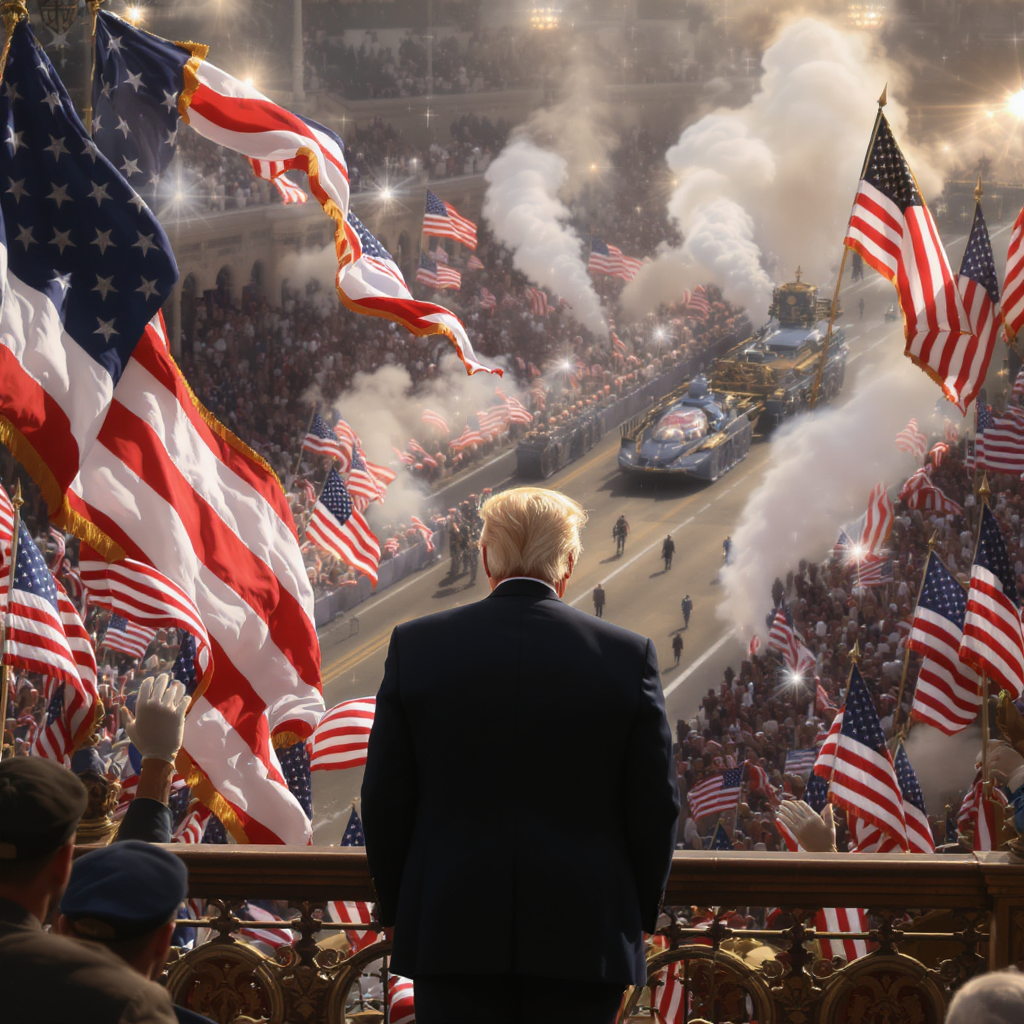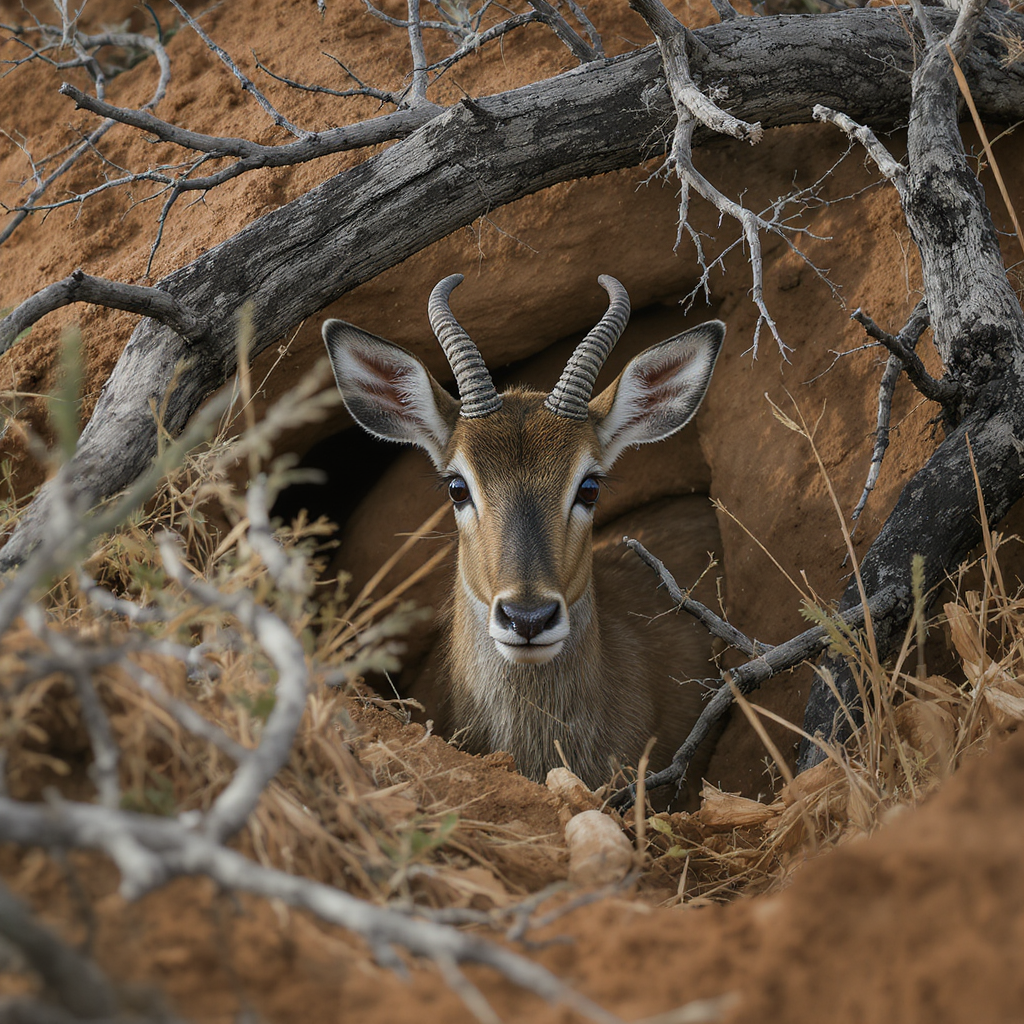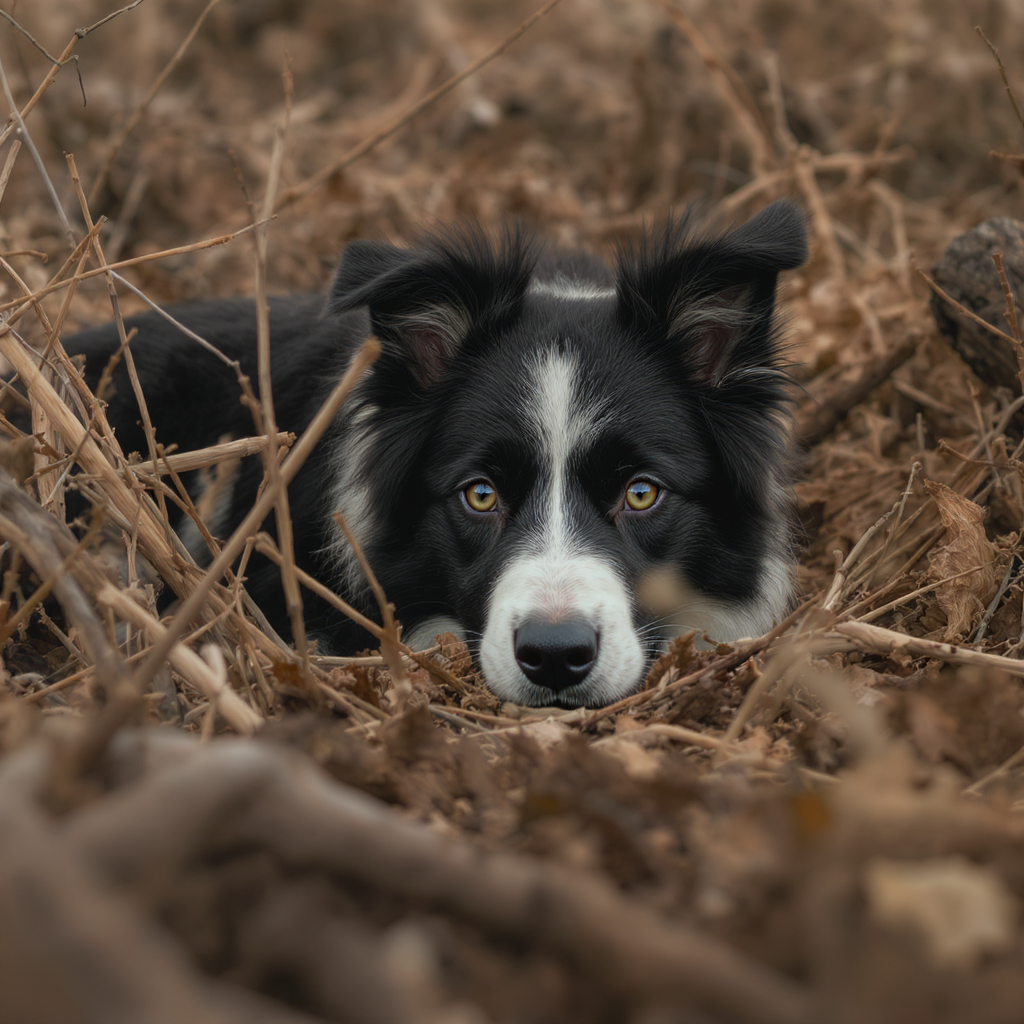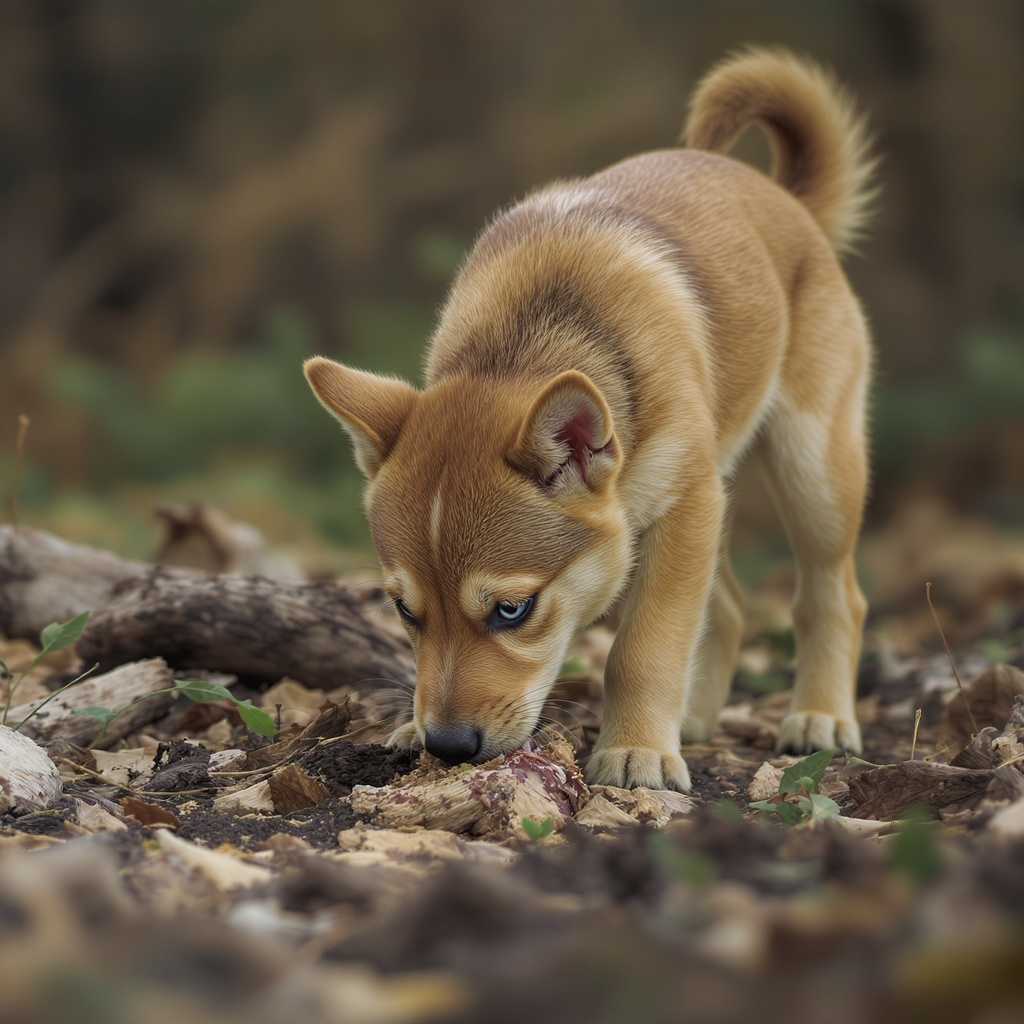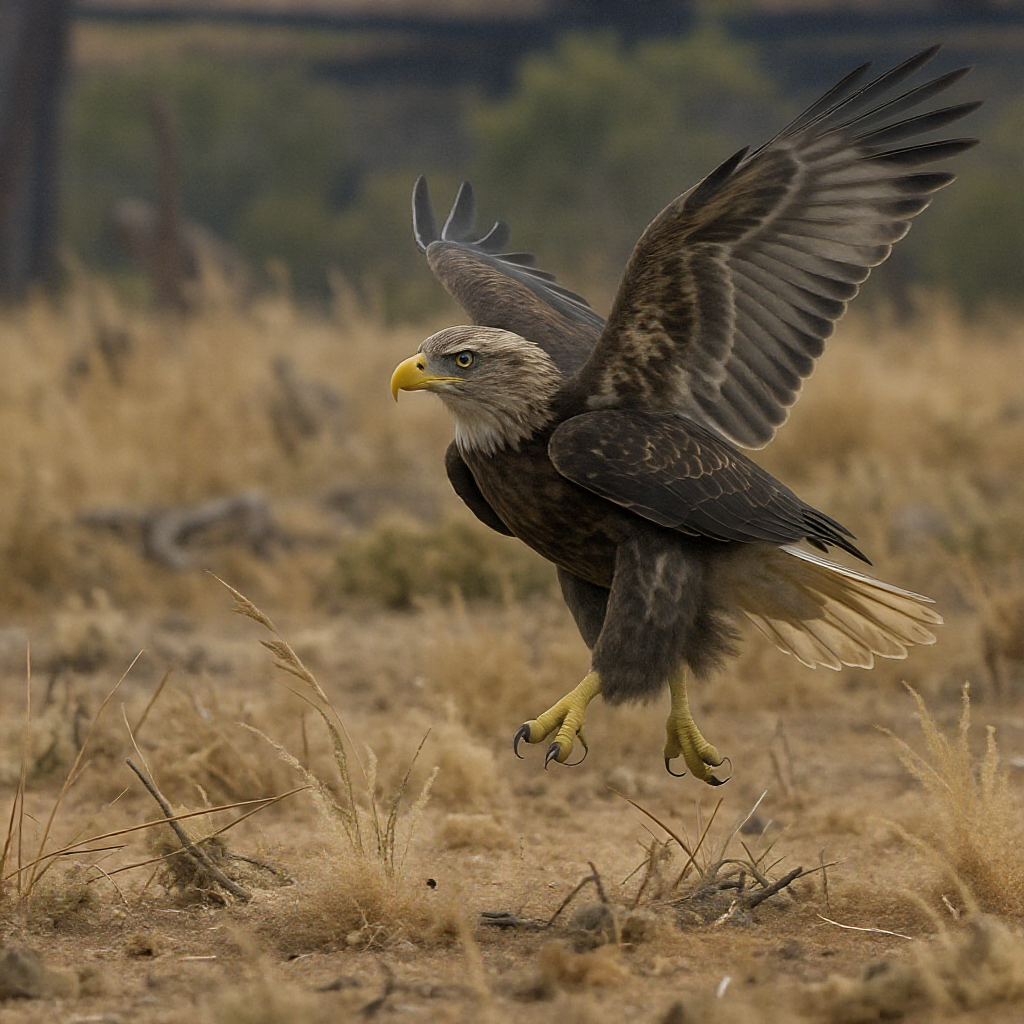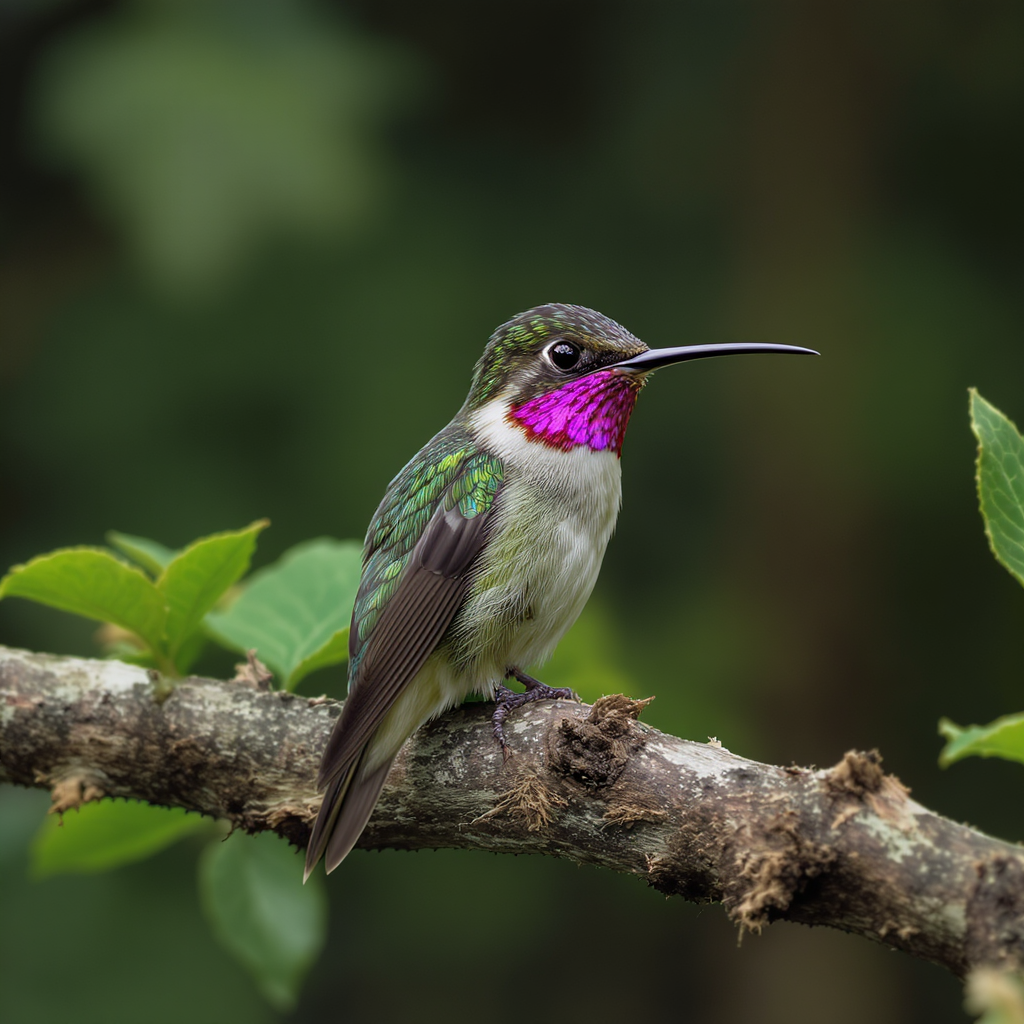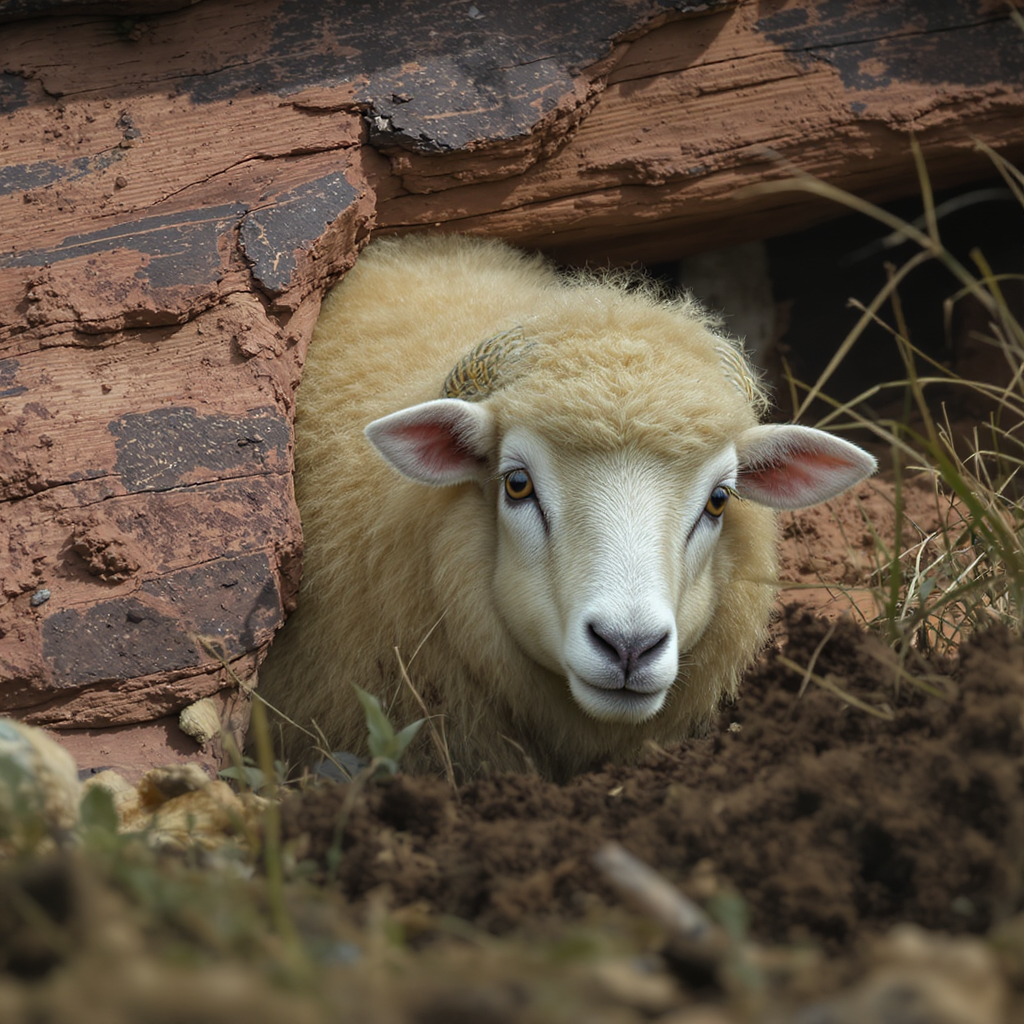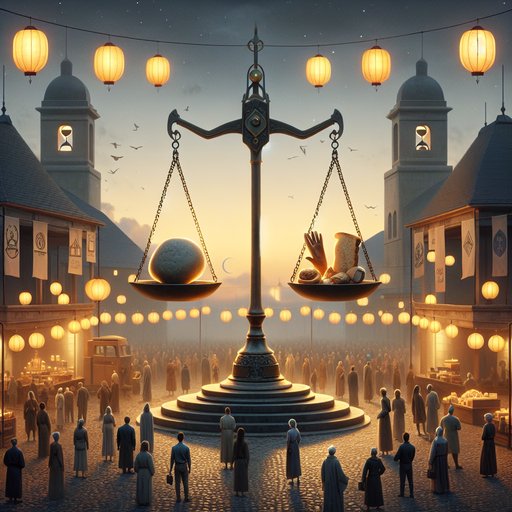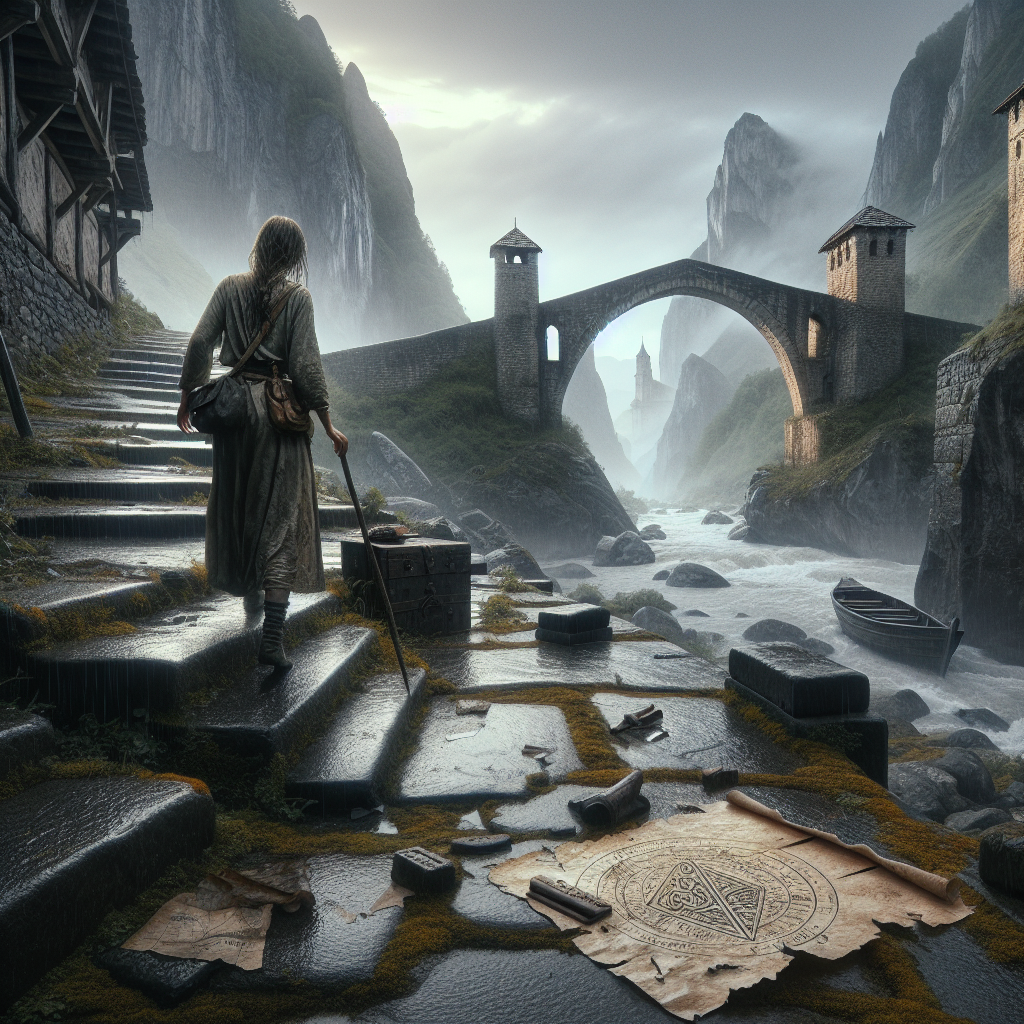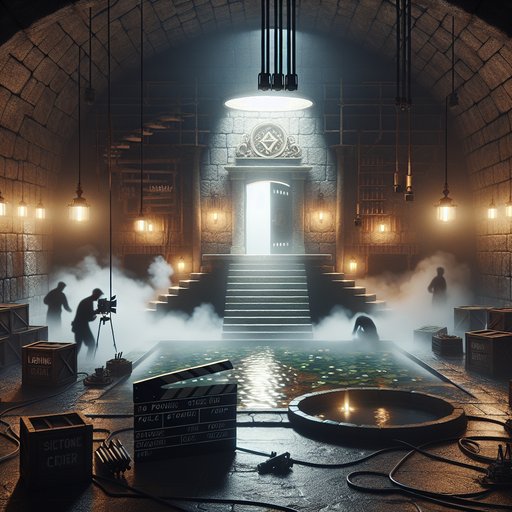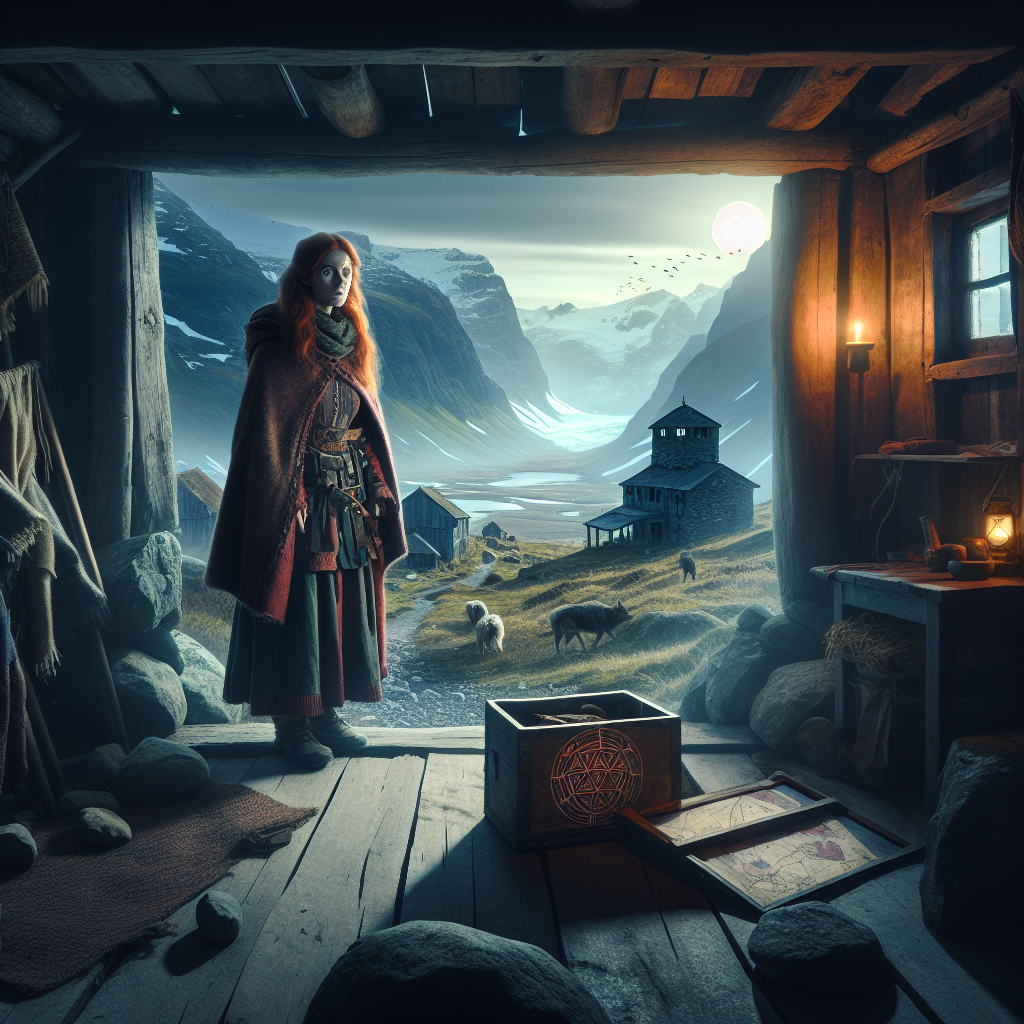
On the ridge above Diksam, Barbra faces the guardians’ judgment as Saba—revealed as the market woman with the matching shard—proposes a test of wind. Using her shell mouthpiece, Rashid’s fishbone whistle, the blue shard, and the copper coin smeared with resin, Barbra plays a patient chord that proves she can listen. The stern elder reveals a layered deception: the coral medallion was a decoy, the cave rescue a trial, and the brass trident-spiral is not for opening but for quieting. They enlist her help to cloak the true path with another secret—staging a bright decoy while guiding her to a hidden chamber. By night, Barbra, in her jeans, Asics, and leather jacket, follows Saba, Adem, and the elder to a wind-cut arch that opens onto a stringless stone “Daughter Harp.” Tension breaches the group as Saba and the elder disagree whether to hush or wake the system, but Barbra, guided by Adem, tunes a sharing pitch that produces a luminous map to the true Mother: a sinkhole beyond the canyon, the “Mother in the Well.” As rivals follow Rashid’s decoy song elsewhere, a hot wind surges and a stranger appears with an iron mirror-key, claiming a letter from the grandmother who raised Barbra. The chapter ends with Barbra unsure whom to trust, poised between competing secrets and a deeper twist.
Torches pricked the ridge like a second constellation as the stern elder raised his staff and the night wind combed Barbra’s red hair flat against her cheek. In her tight jeans, blue and white Asics, and scuffed black leather jacket, she felt simultaneously exposed and ready, freckles she disliked lit amber by flame as if the island had counted them. Saba stepped from the ring of guardians with the calm of a market woman who knows every price, her trident-spiral ring glinting; in her other hand, a shard of blue glass matched Barbra’s. “A test of the wind,” Saba said, nodding toward Rashid and the boy Adem, who hovered like a worried bird.
Barbra lifted the copper coin and the small vial of resin from her pocket, hearing again the rooftop drums of Hadibu in her pulse—if she failed, would they cast her back to the gusts? Rashid pressed his fishbone whistle into her palm, cool and ridged as a spine, while she fitted the shell mouthpiece she’d found at Homhil to her lips. The coin aligned with the etched trident on her blue shard, and she thumbed a smear of dragon’s blood resin across its rim until the perfume stung sweet. She counted in the rooftop rhythm—soft-soft-long—then blew, and the wind that skirted the ridge tucked into her note like a thread into the eye of a needle.
Adem answered with a low whistle and the tree-harp sealed in the cliff gave back a chord that was not the bright shout of conquest but a patient hum, hollow and old. Torches tilted, heads bowed, and for a heartbeat even the surf far below stilled, as if the whole island were listening for her choice. The elder lowered his staff. “She listens,” he said, voice rough as weathered stone, and in that instant the ring of faces shifted from suspicion to something wary and almost relieved.
“We left the coral medallion where you would find it, and we freed you from the cave when the tide turned—we needed to know if you could unlearn your own hurry.” He tapped the brass key shaped like a trident-spiral that hung against Barbra’s ribs; “This is not a key for opening but for quieting; if you turn it wrong, the Mother will speak too loud and every grove will pay.” Secrets, she realized with a prickle of heat despite the wind, were kept safe here not by walls but by other secrets layered over them, a cloak stitched from decoys and misdirections. Saba’s gaze softened. “Help us hide the path even as we take it,” she said, angling her blue shard so it threw a fleck of flame-light into the darkness where watchers might be lurking. The plan unfurled in crisp whispers: Barbra and Rashid would stage a bright, clanging signal at a known blowhole above Diksam to draw the rival family, while Saba, Adem, and the elder led her on goat paths to the true chamber by a quieter line of breath.
It required trust she usually spent on no one—raised by grandparents who taught her to tie her own boots and fix her own knocks, she had learned to be a solitary instrument. Yet she nodded, slid the resin and coin back into her pocket, and felt the unfamiliar weight of depending on others settle like another jacket across her shoulders. They moved at a trot along the spine of stone, the dragon’s blood trees on either side holding bowls to the night, their umbels catching stray mist like cupped hands. The stars flooded the sky in cold, glittering patience while the trail dipped into the shadowed pulse of Diksam’s canyons, and Barbra paced her breath to the slope, her Asics whispering on grit.
The leather jacket broke the chill, but salt had woven itself into her skin, tightening across the bridge of her nose where freckles freckled more under firelight. She thought of the glass cabinet at home—artifacts lined like quiet company; if she succeeded, what small honest piece might return with her to that whitewashed wall? Saba touched her elbow and pointed to a darker seam in the cliff, a place where the wind seemed to trip. The seam was a wind-cut arch veiled in bottle-glass pebbles fused by lightning or time, their greenish mouths pocked with tiny pinholes that drank the air.
The brass trident key slid sideways into a narrow slot, not to turn a lock but to tilt a reed inside, and Barbra felt the subtle resistance of a mechanism meant to be touched by breath more than by force. She pressed the blue shard to a pinhole that matched its notch, capped another with resin warmed between her fingers, and blew the rooftop cadence into the shell. The arch sighed, not with motion but with change, and a draught turned inside-out; a hidden panel along the cliff sighed open to reveal a low chamber ribbed with slotted stone, a stringless “harp” that shaped the wind into deliberate moisture. Palm-leaf diagrams unfurled under her hands and matched the ribs perfectly, each line a channel, each spiral a tuning rule, this place not the Mother but perhaps her Daughter, steady as a heart.
The elder reached for the lever to hush it entirely, but Saba caught his wrist. “If we wait for the monsoon’s red rain with everything asleep, the groves below will starve,” she murmured, and the old man’s jaw hardened like limestone under Sun. Barbra’s pulse skittered; nothing here was simple—help arrived with knives of purpose, and even allies drew lines through the wind. Adem breathed close to her ear, boy-soft and fierce: “There is a sharing pitch, not sleeping, not shouting; the drums taught you—to balance.” She set coin to shard, resin to reed, and found the rhythm again, the one the rooftop had sung to the sea, and exhaled not as a separate note but as a hinge between the breath of the chamber and the night.
The Daughter answered with a weaving tone, and along the slotted wall resin seams flickered to life, a soft green luminescence threading the channels like fireflies caught in glass. The light spiraled into a map, not unlike the trident’s whorls, tracing a line beyond the canyon to a round, ink-black hole sketched on the palm-leaf margins—“Mother in the Well,” Saba translated, breath hitching. Outside, faint torchlight bounced along a distant rim; Rashid’s decoy song was working, a scatter of seekers angling toward emptiness. The elder let go of the lever, and for once the wind seemed to approve, smoothing into a cool hand across their faces; Barbra wanted to memorize the temperature of this exact agreement.
She tucked a fallen flake of fused glass—no bigger than a thumbnail—into her pocket without thinking, not a theft but a promise to remember, then looked to the dark where the sinkhole waited. They had almost slipped back through the arch when the breath of the world turned, a hot sirocco pouring through as if a kiln door had opened, snuffing torches and making the brass key warm painfully against Barbra’s sternum. Wind howled down the canyon in a pitch she had not heard yet, a wronged note, and the bottle-glass veil chimed as if struck. A figure stepped into the glow of the chamber’s faint green, holding out a gleam that was not brass but iron forged into the same trident-spiral, a mirror key dark as a shadow.
“Barbra Dender,” he said, voice cutting clean through the harmonics, “we have guarded a letter for you since before you could read, from a woman who raised you to be alone—will you hear it, or continue with their lie?” Her fingers tightened around the coin and the shard as everyone shifted, friends and rivals suddenly indistinguishable in the wind; who, in this new chord of secrets, could she trust?
